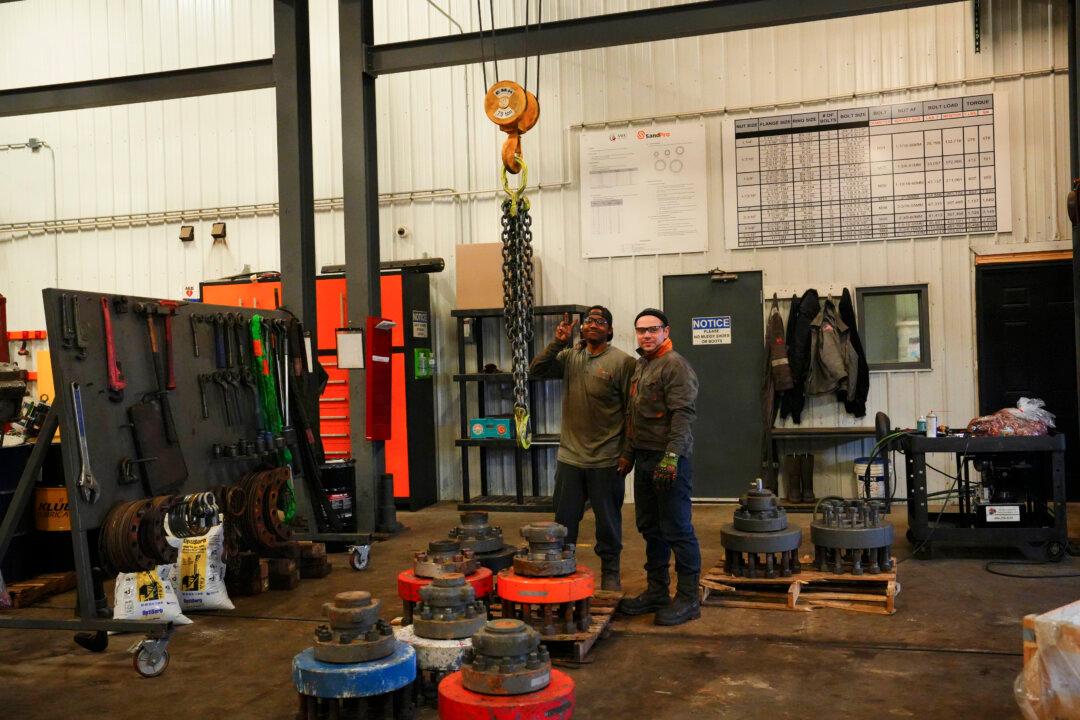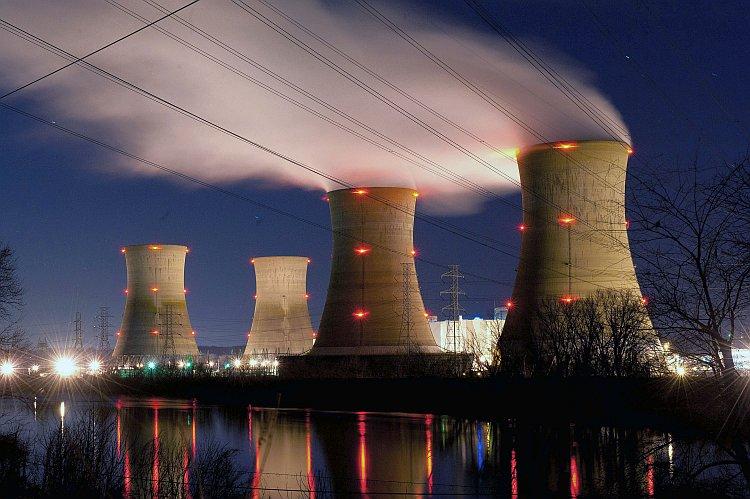BERTHOLD, North Dakota—Dmytro Tupytsia has Christmas off, but he’d rather be laboring hard that day, “tearing down iron” and building “frack trees” at SandPro, where he’s worked since August.
“For me,” he said, “it is better” than dwelling on how much he misses his wife, 10-year-old daughter, and seven-year-old son eight time zones and more than 5,000 miles away in a town outside Odesa near Ukraine’s border with Moldova.





